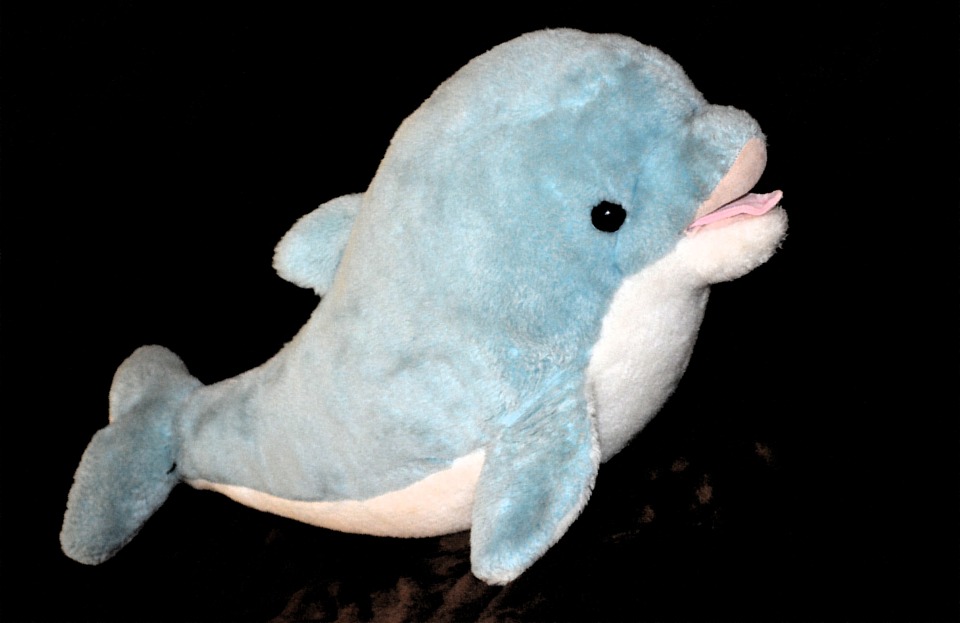Feeding your fish is an essential aspect of fish care, as it provides the necessary nutrients for their growth and overall well-being. However, there may be instances where your fish refuse to eat, causing concern for their health. In this article, we will delve into the various causes behind fish feeding refusal and provide effective solutions to help you address this issue.
Common Causes of Fish Tank Fish Feeding Refusal
Poor Water Quality: Poor water quality is one of the most common causes of fish feeding refusal. High ammonia or nitrite levels can be toxic to fish and make them lose their appetite. Additionally, low oxygen levels or the presence of toxins in the water can also lead to fish refusing to eat.
Inappropriate Feeding Habits: Inconsistent or inappropriate feeding habits can also contribute to fish feeding refusal. Overfeeding can lead to digestive issues and make fish lose interest in food. Similarly, an inconsistent feeding schedule can disrupt their natural feeding behavior.
Illness or Disease: Fish may refuse to eat when they are ill or suffering from a disease. Parasites or infections can cause discomfort and loss of appetite. Internal or external injuries can also make fish lose interest in food.
Environmental Stress: Environmental stress can have a significant impact on fish feeding habits. Incompatible tank mates can cause stress and aggression, leading to feeding refusal. Improper temperature or lighting can also affect their appetite. Additionally, if your tank lacks adequate hiding places, fish may feel unsafe and refuse to eat.
Solutions to Address Fish Feeding Refusal
Water Quality Management: Regularly test and maintain water quality in your fish tank. Ensure that ammonia and nitrite levels are within acceptable ranges. Proper filtration and aeration will help maintain optimal water conditions. Regular partial water changes are also essential for removing toxins and maintaining a healthy environment.
Adjusting Feeding Habits: Provide the right amount of food to your fish. Overfeeding can lead to digestive issues and feeding refusal. Establish a consistent feeding schedule to mimic their natural feeding behavior. Offering a variety of food options will keep their diet interesting and appealing.
Identifying and Treating Illness or Disease: Observe your fish closely for any signs of illness or disease. Changes in behavior and appearance can indicate health issues. Consult with a veterinarian or aquatic specialist to diagnose and treat any problems. Administer appropriate medication or treatment as advised.
Reducing Environmental Stress: Research and ensure compatibility among tank mates. Avoid keeping aggressive fish together. Maintain optimal temperature and lighting conditions to create a comfortable environment. Add sufficient hiding places and decorations to provide a sense of security for your fish.
Frequently Asked Questions (FAQs)
Q1. Can fish go without eating for a few days?
A1. Yes, fish can go without eating for a few days. However, if they continue to refuse food for an extended period, it may indicate an underlying issue.
Q2. How can I determine if my fish are ill or simply not hungry?
A2. Observe changes in behavior and appearance. If your fish exhibit abnormal behavior or show signs of illness, it is likely they are not just hungry.
Q3. What should I do if my fish refuse to eat even after following the suggested solutions?
A3. If your fish continue to refuse food, seek professional advice from a veterinarian or aquatic specialist. They can provide further guidance and diagnose any underlying issues.
Q4. Can overfeeding also lead to fish feeding refusal?
A4. Yes, overfeeding can lead to digestive issues and loss of appetite in fish. It is important to provide the right amount of food to prevent overfeeding.
Q5. Is it normal for some fish species to eat less frequently than others?
A5. Yes, different fish species have different feeding habits. Some species may eat less frequently than others, so it is important to research the specific dietary needs of your fish.
Conclusion
Understanding the causes behind fish feeding refusal is crucial for maintaining a healthy and thriving aquarium. By addressing water quality issues, adjusting feeding habits, identifying and treating illness or disease, and reducing environmental stress, you can encourage your fish to resume their normal eating habits. Remember to monitor your fish closely and seek professional advice when necessary. With proper care and attention, your fish will be happily enjoying their meals again in no time.









